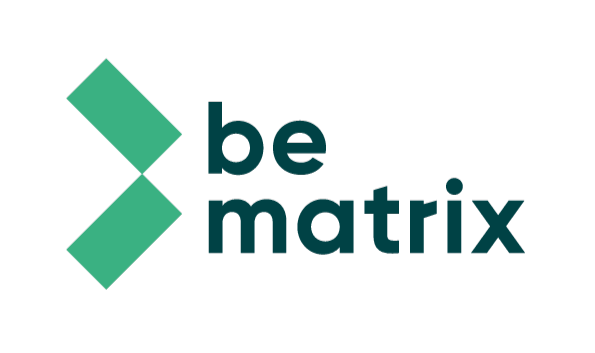Event industry associations, the Association of Event Organisers (AEO), the Association of Event Venues (AEV), and the Event Supplier and Services Association (ESSA), have announced the launch of the ‘Five pillars of inclusion’.
The pillars provide a framework for the industry to guide organisations in implementing the right level of diversity, equity and inclusion (DEI) in their business and will help measure and identify areas that need focus in the following categories:
- recruitment and hiring
- developing talent
- company culture
- partners and suppliers
- leadership and employees
The pillars will be supported by a series of video shorts, which cite examples of how to use them to ensure full accessibility. An introduction to the series can be viewed here.
Rachel Parker, director of EIA says: “Following the launch of the cross-association diversity & inclusion working group in 2020, AEO, AEV and ESSA members set out to make impactful change. Together, we launched the D&I hub to raise awareness of the experiences and challenges faced by under-represented groups in the industry. The next step was to encourage members and the industry to take meaningful action within their organisations.”
Parker added: “The five pillars of inclusion framework is a great stepping stone for those getting started on their DEI journey but will act as an accessible measuring tool for any organisation regardless of the progress already made in this space.
Our industry is so dynamic and its audiences so diverse: as it goes through some of the biggest changes in its history, we have a real opportunity to effect positive and exciting changes that will see our industry thrive.”
Mike Sealy, director of diversity and inclusion at Informa Markets and cross-association D&I working group chair says: “Promoting and supporting diversity and inclusion in the workplace is an important aspect of good people management - it’s about valuing everyone in the organisation as a unique and valued individual. Being diverse and having a clear diversity and inclusion policy will protect your organisation from unexpected risks. Yet another benefit and business case for diversity is the ability to operate effectively as well as efficiently in a global context. “
Parker concluded: “Of course, the associations are still learning, and invite members to continue to share thoughts and ideas with us on our resources and what they’d like to see next. We know there is work to do – we also know the industry is up to the challenge.”

